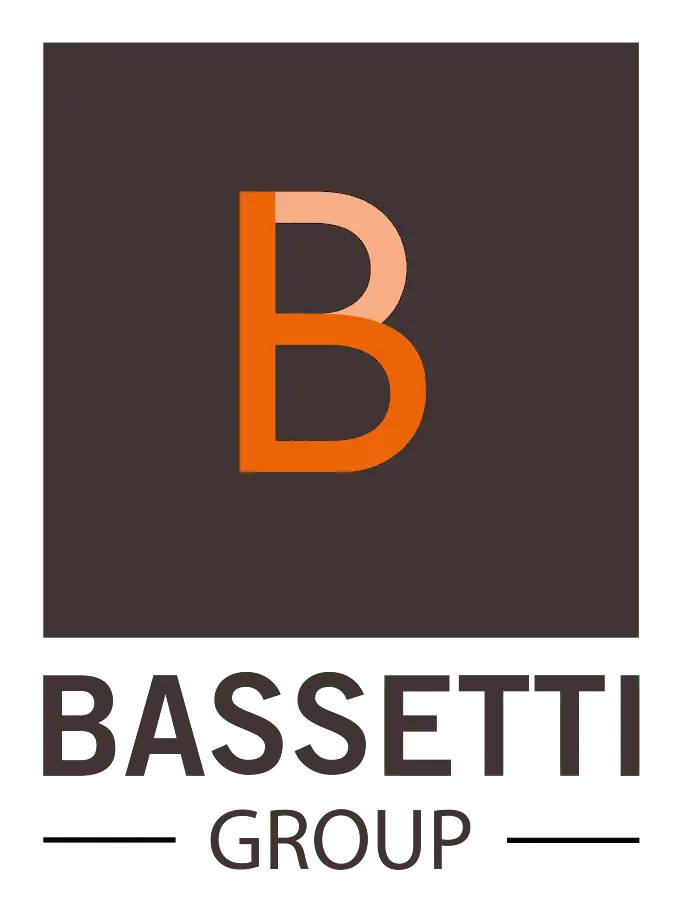At the heart of the digitalization of technical expertise
A unique, innovative and collaborative technology serving industrial performance
BASSETTI GROUP
The BASSETTI GROUP, a pioneer in industrial digitalization, has been supporting its customers for over 30 years with harnessing and strengthening their technical assets, leading to sustainable, industrial excellence.
Aerospace
Driving innovation in aeronautics with secure, high-performance digital solutions
Automotive
Modernizing methods for transportation systems through digital solutions for intelligent, capable, and interconnected infrastructures
Energy
Optimizing resource management by taking full advantage of data and simulation capabilities
Health & Pharmaceuticals
Reinventing methods implemented within the healthcare sector by harnessing digital solutions to optimize management of medical and pharmaceutical data
Construction
Bringing a new dimension to construction with collaborative tools and advanced technical data management
Chemicals & Petrochemicals
Transforming the chemical industry by revolutionizing data management with cutting-edge technologies
Food industry
Improving the management within the food industry and enabling traceability and safety through advanced data management
Other Industries
Transforming industrial processes with integrated digital platforms for optimized, sustainable production
The BASSETTI GROUP has managed and developed the TEEXMA platform to meet the requirements of global industries.
experience
annual growth
Customers
of users
TEEXMA
One Technology, Multiple Solutions
This platform allows “End-to-End” management addressing the entire value chain of large industrial companies.
TEEXMA for LIMS
The software to digitalize your laboratory
TEEXMA for Materials
The solution for mapping, managing and exploiting materials data
TEEXMA for Quality
The Quality Management System for continuous improvement
TEEXMA for Maintenance
The most comprehensive software solution on the market, enabling complete asset lifecycle management
TEEXMA for MES
The solution for monitoring and controlling all production activities for optimum quality and efficiency
TEEXMA for EHS
The solution to manage the environmental impact of your industrial activities while controlling health, safety, and environmental risks
TEEXMA for Additive Manufacturing
The global software solution for additive manufacturing, from design to execution
TEEXMA for Knowledge Management
The intelligent technical knowledge management solution for greater efficiency and expertise
TEEXMA for PLM
The modular, configurable solution to manage all your product life management activities
BASSETTI Group's AI for your industry

Thousands of major companies in all sectors use our solutions
Read our customers' feedback to find out what made TEEXMA
the ideal choice to meet their challenges.
RENAULT uses TEEXMA as a repository of material characteristics for numerical simulation and engineering.
APTAR chooses TEEXMA for LIMS to digitalize its laboratory activities
EDF relies on TEEXMA
to manage its Experimental Data
How TEEXMA meets Safran's requirements for materials data management
